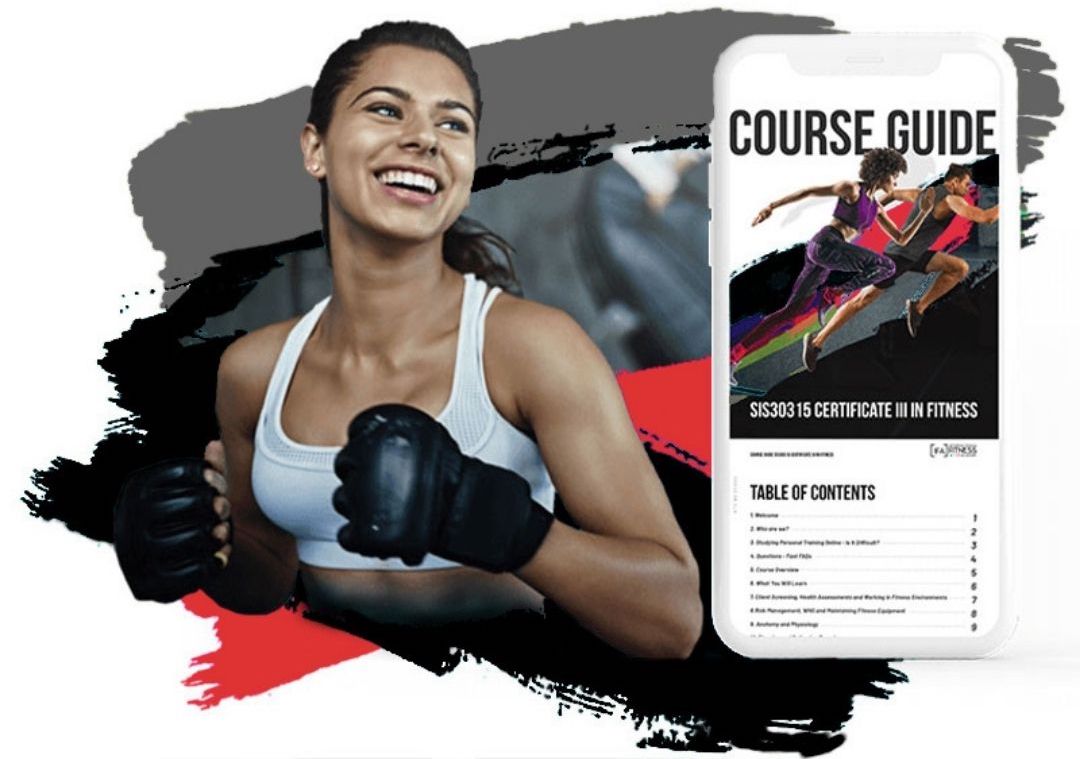
Joint Special Populations Advisory Committee(JSPAC) supports California's community universities and their efforts for students with special needs. Its efforts include regional workshops and free online classes, nationally-developed materials, and events. A list of upcoming JSPAC events is available on the NSPACE website.
CSPS credential
A CSPS credential could be the best option for those who want to work with people with special needs. This credential includes all competencies required to work with these people. Although it is difficult, this credential is rewarding. It will improve the quality life of those with chronic illness.
A CSPS credential permits fitness professionals to assess, train, or educate clients with special needs. CSPSs also have the ability to work with other medical professionals and create safe exercise programs. They are also trained in emergency response and recognition.
If you're a female who is looking to advance your career, a CSPS credential may be the right choice. This credential will allow you to work with a wide range of clients and generate a steady income. You'll also gain confidence and greater knowledge.

FAQ
Is exercise good for me?
Yes. Regular exercise can help you shed extra calories and lose weight. Your metabolism will remain high, so you can continue to burn calories even though you're not exercising.
What if I am exercising and want to eat?
Yes. Yes. You can eat whatever you want while you exercise. You should choose low-calorie snacks, such as watermelon (carrots, celery), apples, bananas and grapes. These foods provide nutrients that improve your performance during exercise.
Are there any exercises I shouldn't do?
Before you start any new exercise routine, it is important to consult your doctor. You might have injuries or conditions that make it impossible to do certain types of exercise. Certain activities require special equipment and training. Swimming, for example, requires swimming suits and access to the pool.
Can I exercise after eating?
It depends on what type of exercise you're performing. After meals, avoid strenuous physical activity because it could cause stomach cramps. Focus on light aerobic activities such as biking or brisk walking.
Statistics
- Physical activity confers the following maternal and fetal health benefits: a decreased risk of pre-eclampsia, gestational hypertension, gestational diabetes (for example, 30% reduction in risk) (who.int)
- Globally, 81% of adolescents aged 11-17 years were insufficiently physically active in 2016. (who.int)
- One study showed that adults who watch more than 4 hours of television daily had an 80% higher risk of death from cardiovascular disease. (heart.org)
- An estimated 110,000 deaths per year could be prevented (cdc.gov)
External Links
How To
How to motivate yourself and get started on a fitness program
A fitness Routine is a set of exercises performed regularly for a specific period of time. It is a way to build muscle mass and tone the body. Regular physical activity improves cardiovascular health and reduces blood pressure, cholesterol levels, risk of heart disease and stroke, diabetes, depression, anxiety, stress, obesity, osteoporosis, and many other diseases. Exercise provides psychological benefits like self-esteem and confidence, mood, energy levels, sleep quality, and social interaction.
Why should you follow your own fitness plan?
To lose weight, improve your health, and become fit, you need to start a fitness program. You might be wondering why you would want to do this. Let's see!
What does it really mean to exercise?
This means that you should do some type of exercise at least three times per week, such as running, swimming, biking, swimming, yoga or martial arts. This doesn't mean you have to do it for hours. Just 30 minutes can burn calories and keep your body healthy. You must stick to your plan. Do not worry if you forget a day. You can just pick up from where you left off the previous time.
What amount of time do I need for my fitness regimen?
The amount of time you spend on a workout depends on your level of activity. For moderate exercise, it takes 20-30 minutes. Start slowly by exercising for five to ten minutes first if you're just starting out. Once you feel comfortable, increase your duration slowly.